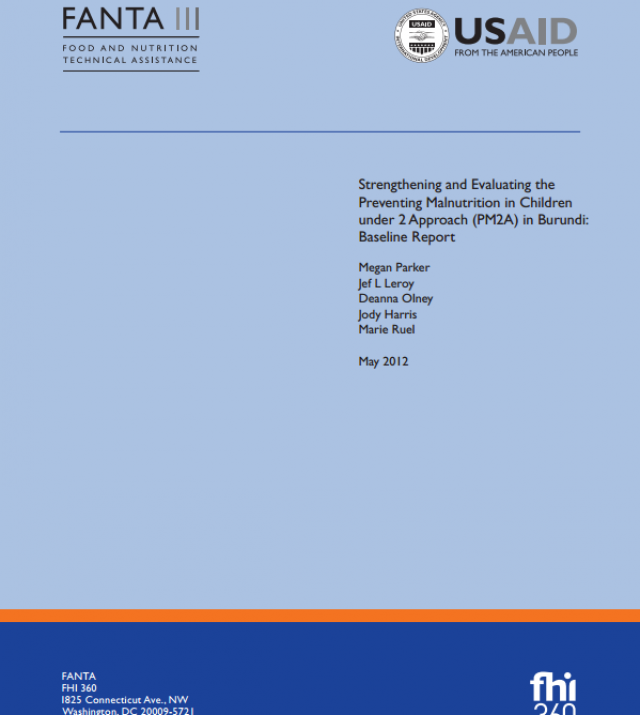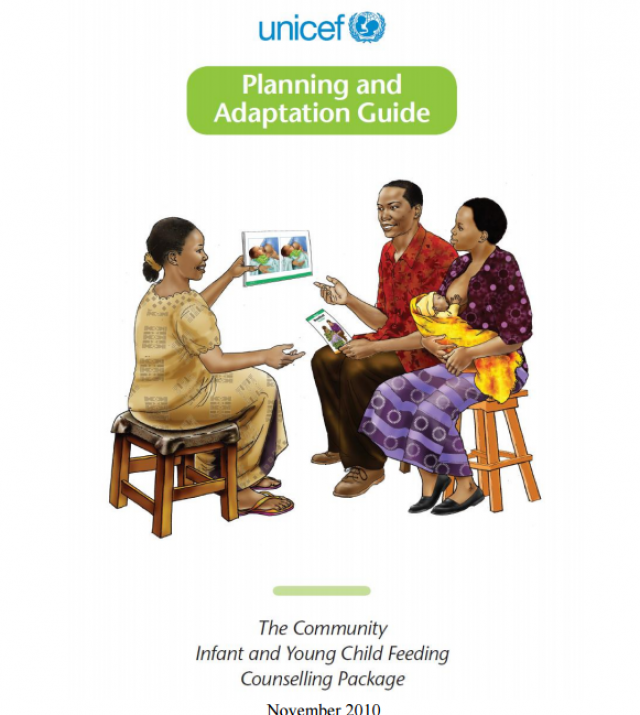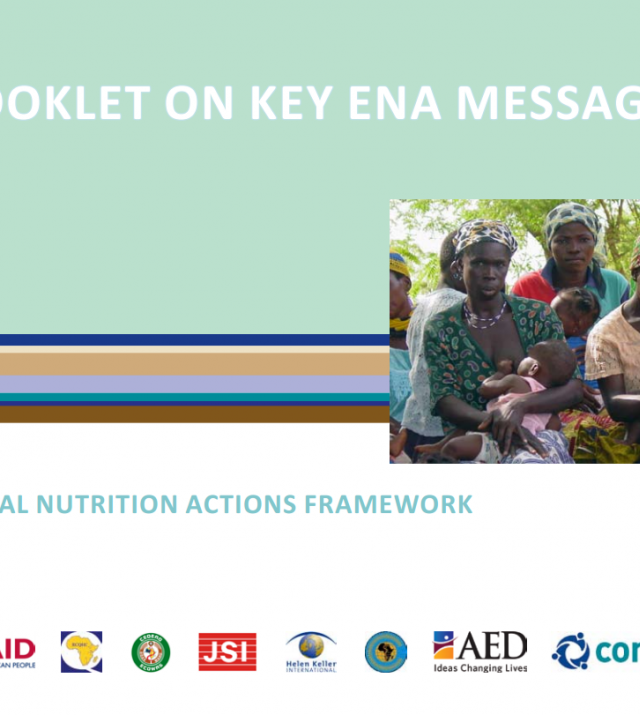
Infant and Young Child Feeding Programming Guide

Strategies to improve Infant and Young Child Feeding (IYCF) are a key component of the child survival and development programs of many nations, supported by UNICEF and WHO. The scientific rationale for this decision is clear, with steadily growing evidence underscoring the essential role breastfeeding and complementary feeding as major factors in child survival, growth and development. The importance of breastfeeding as the preventive intervention with potentially the single largest impact on reducing child mortality has been highlighted. In addition, of the available nutrition interventions, improvement of complementary feeding have been shown to be most effective to improve child growth, and thereby, together with maternal nutrition interventions, to contribute to reducing stunting.
This document summarizes the current understanding of optimal infant and young child feeding and presents the scientific rationale and policy and strategy bases. The recommendations for national strategies and actions are based on evidence of efficacy and effectiveness, country experiences and lessons learned. The conclusion is clear: success in increasing optimal infant and young child feeding practices is based on commitment for implementing comprehensive, evidence based, at scale programming tailored to the local context.

